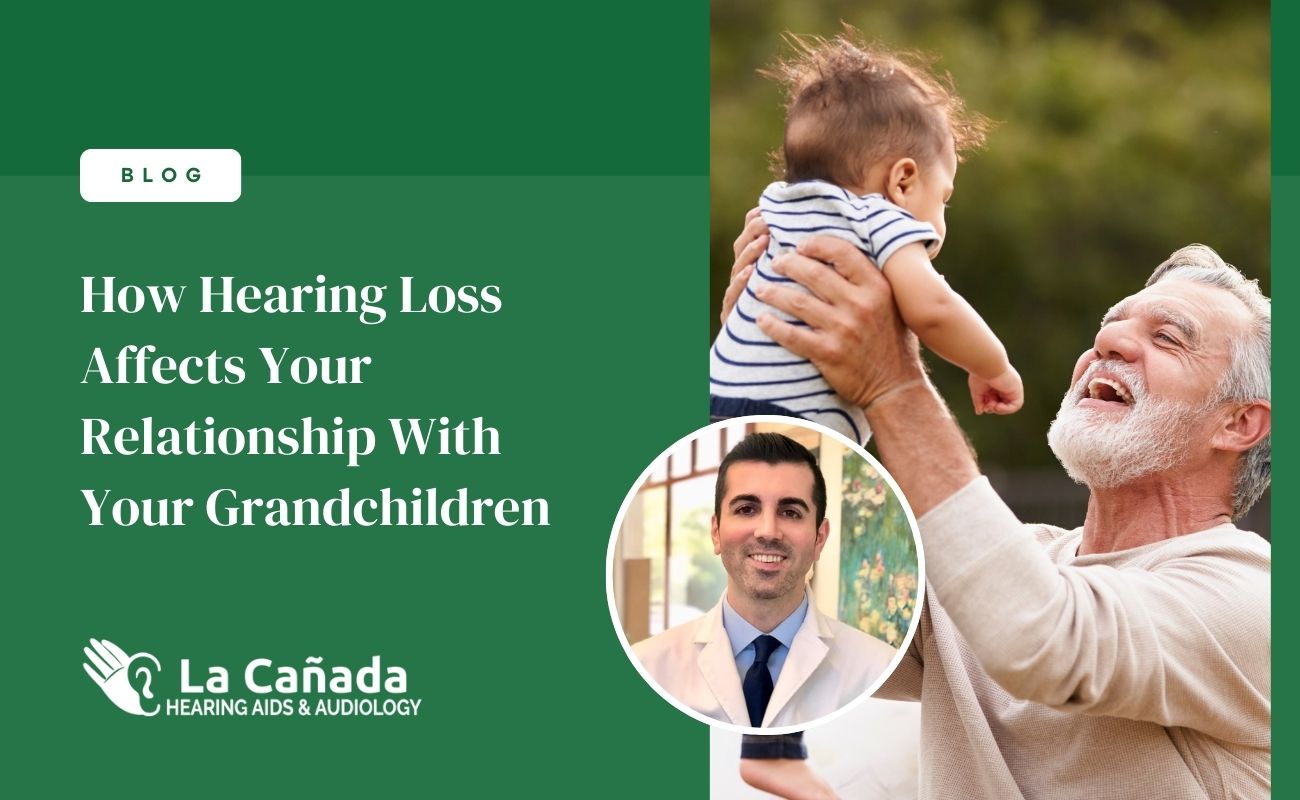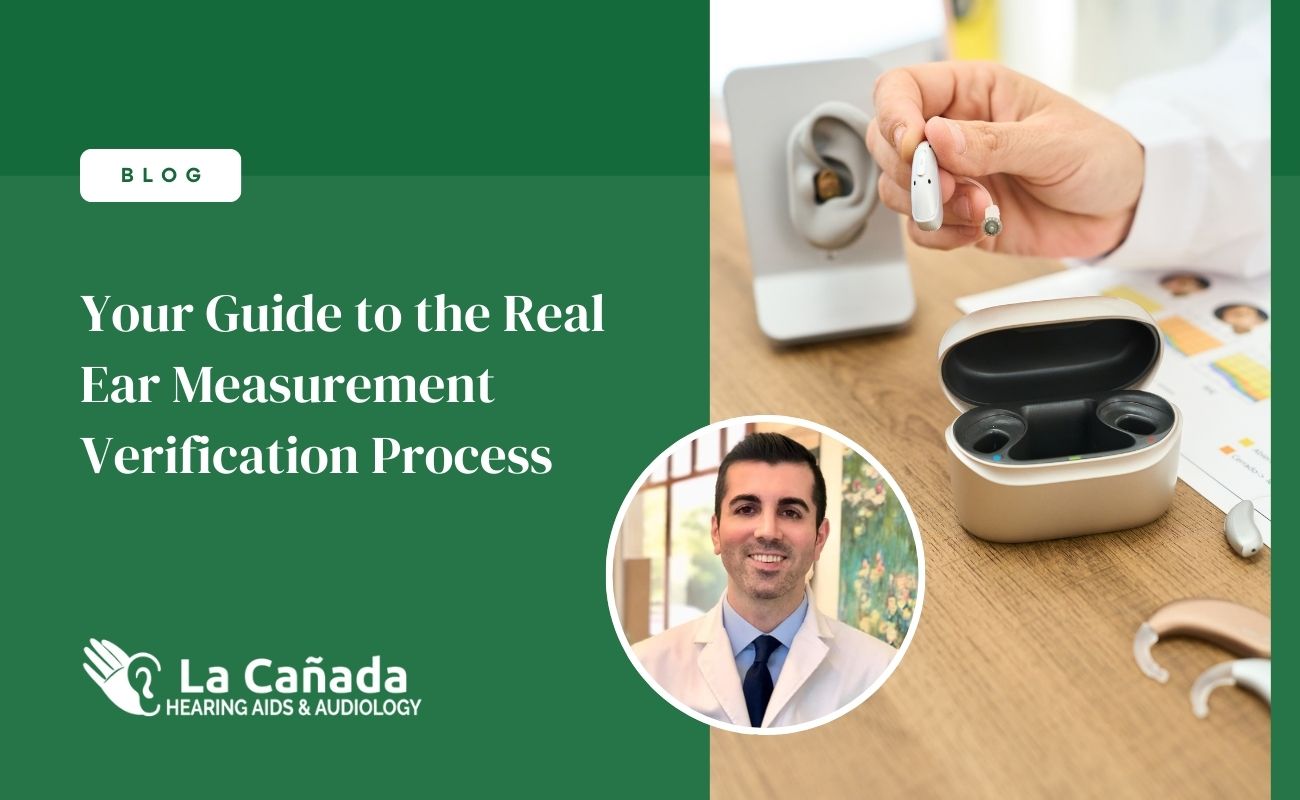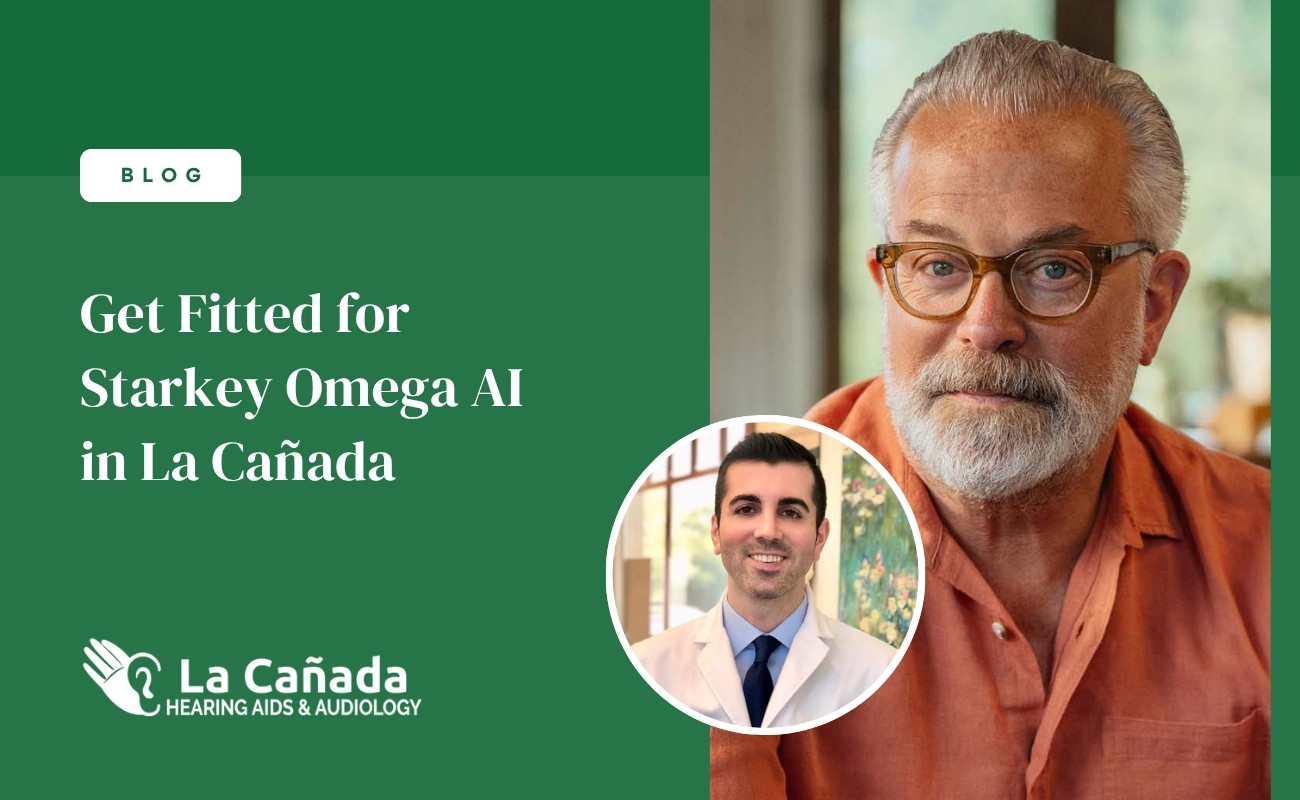When you are young, protecting your hearing may be low on your list of priorities. However, your ears may feel the effect of those concerts, motorcycle rides, or even the rock anthem that helps you finish that last mile on the treadmill!
How much noise can damage your hearing?
Most people know that loud noises can damage your hearing. But it’s not all about volume; the length of time you’re impacted by a noise plays a big part in how damaging it can be, as does how often you hear it. When a particular sound hits the hair cells in your inner ear too loud, or for too long, they can be damaged and die. Unlike many other parts of the human body, these hair cells can’t regenerate. If you lose the hair cells that were responsible for picking up a particular frequency, then you will no longer be able to hear that sound.
Sound intensity is measured in decibels (dB). Loud noises are 90dB or more: chainsaws, nightclubs and motorcycles all measure above 90dB. After one hour of listening, exposure to noise level at 90dB can begin to cause damage without ear protection. Really loud sounds that measure over 120dB, like ambulance sirens or jet planes taking off, should be avoided without proper hearing protection, as these can damage your hearing immediately within 15 minutes. Cumulative noise exposure to loud noise in leisure activities such as listening to loud music and dance parties for more than the maximum allowable noise dose is a risk for developing a hearing loss. Even moderate sounds between 70 and 90 decibels may warrant ear protection if you’re going to be exposed for a while.
Below are four ways you can protect your hearing;
1. Protection is Prevention
Hearing loss can come naturally with age, but there’s a lot you can do to protect your ears throughout life. Wear earplugs whenever you’re doing anything that involves sustained or loud sound like participating in a place with loud music or working around noisy environment around machinery.
2. Use well fitting headphones and watch the volume.
If you’re using earphones with a music device, the sound should be about 80dB, as long as you don’t have it up as loud as possible. Having well-fitting earphones or headphones is important: if outside sound leaks in you might be tempted to turn the volume right up to drown it out, bombarding your ears with higher decibels. Make sure your earbuds or headphones fit and work well, so you’re not turning your music up too high. Use the 60/60 rule – only turn your music device up to 60% of its total volume and listen for no more than 60 minutes per day. Good listening habits now may mean that you can continue to enjoy listening to music now as well as in decades to come.
3. Take breaks
Take breaks after being exposed to noise, to give your ears a chance to rest. Remember that just because a noise isn’t annoying, doesn’t mean it might not be dangerous over a long period of time. It might not feel too loud, but a sustained sound can be just as damaging to your ears as a loud one. A coffee grinder clocks in 80dB, which you can safely be exposed to without ear protection for 8 hours. But if you’re a barista pulling a long shift, this sound could get dangerous. A hair dryer is about 75dB and hair clippers 72dB. Both of these are also safe for up to 8 hours, so hairdressers and barbers should watch their timesheets.
4. Get a baseline hearing test.
Most adults have never had a hearing test, but it pays to buck that trend. At your next annual physical, ask for a hearing test as part of your routine checkup. A hearing test gives your audiologist a baseline that they can compare with future results to monitor the progression of hearing loss. If a hearing loss is detected the most common treatment is hearing aids. Hearing aids do not restore hearing loss, but they can vastly improve quality of life and even help prevent other impairments. If you have suffered some hearing loss, our team at La Canada is here to talk about whether hearing aids can help.


.webp)





